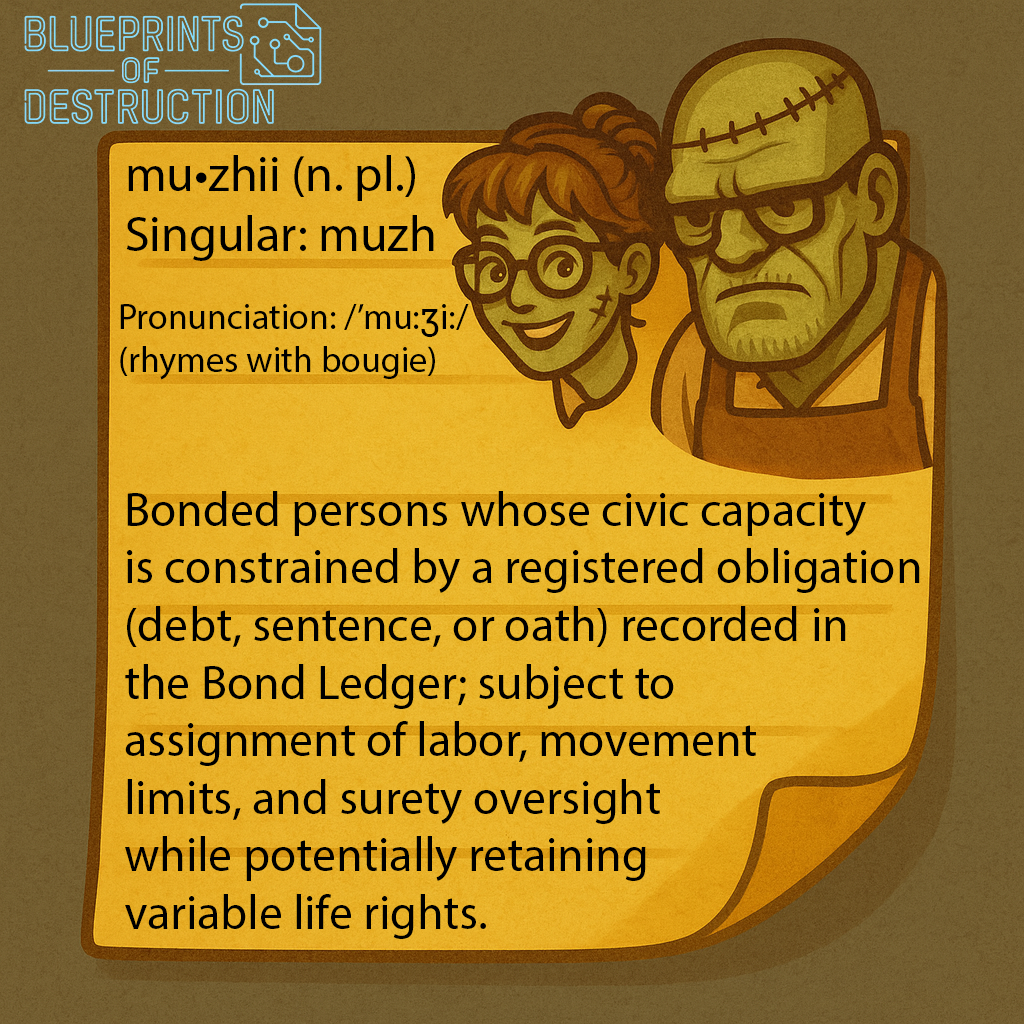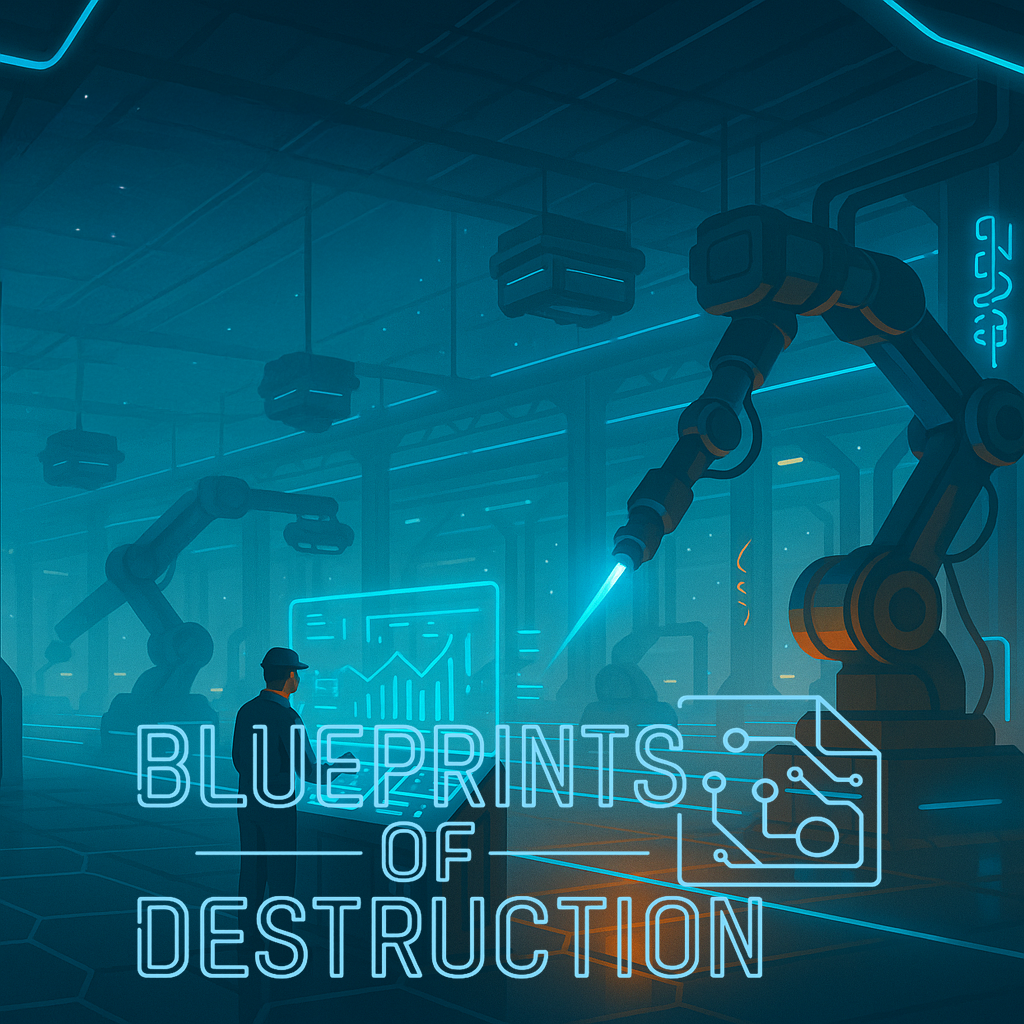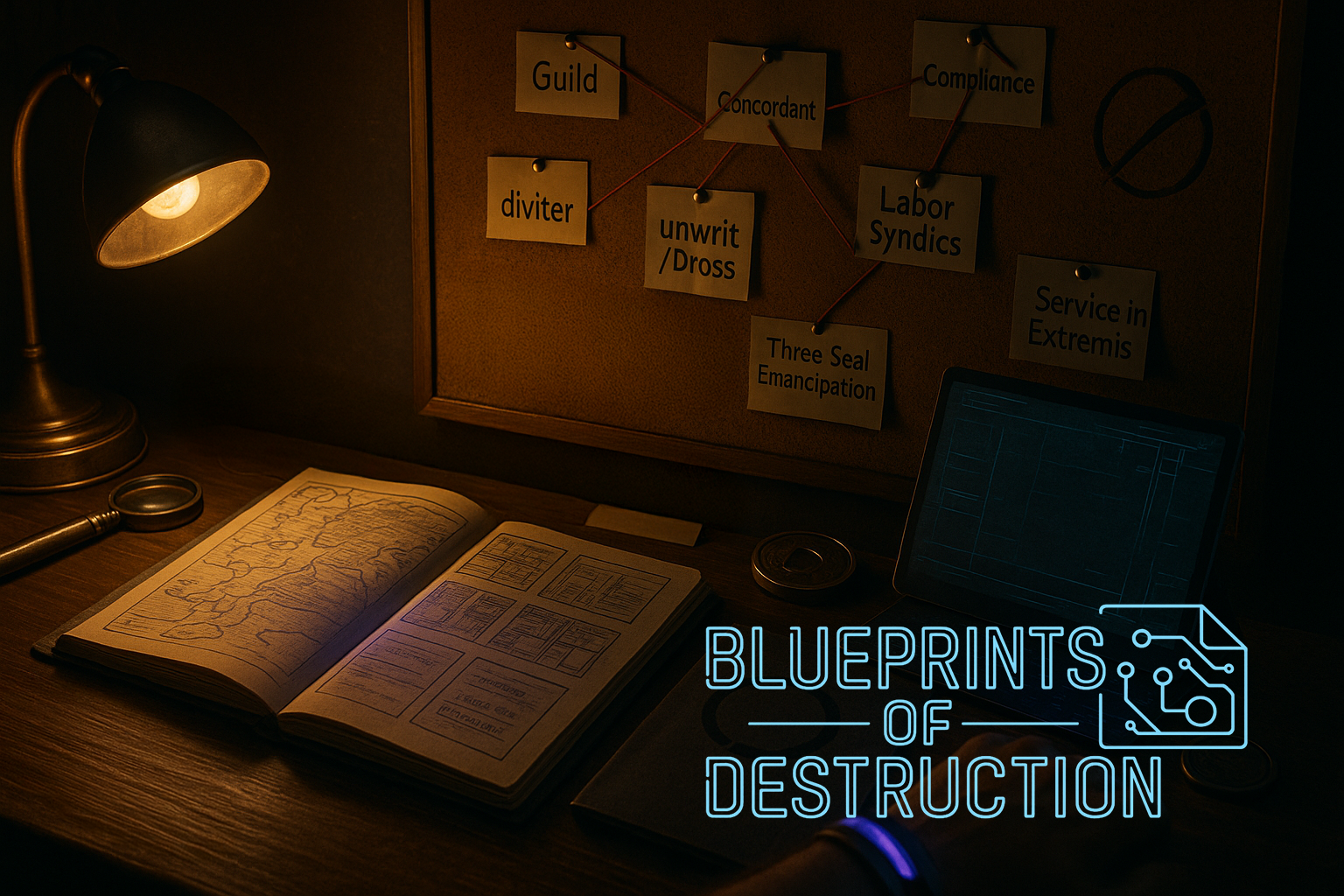- Home
- Creating Characters for a Book
- Development of the Story
Development of the Story
The Development of the Story
In the development of the story, it is important to flesh out details or subjects that may never be explicitly discussed, or only vaguely referenced. This technique can give depth and nuance to your narrative that your readers will pick up on as they immerse themselves more deeply into the experience you have created. With the evolution of these unspoken systems, the care and time you put into the small details will seep throughout your story and give it surprising complexity.
Story Development as it Applies to Castes and Classes
As an example, let's take the topic of the muzhii (rhymes with "bougie"). In Qualx, the muzhii are the city's bonded class, standing between freedom and forfeiture. Many, if not most, citizens support the muzhii as a class (colloquially, the "muzhiki class"), although there are groups who are strongly against the concept of servitude. The opponents of any form of indenture have tried to label this position as "slavery." Those who understand the culture and the importance of this system agree that this is nothing more than propaganda.

Establishing the Muzhii in the Development of the Story
To understand the muzhii, we first need to define what it means to be a laborer who is free. An individual who is part of the working class works in what people here on Earth might consider a normal civilian job. The working class on Qualx covers every position outside of the Senate, Guild (security), and the RDMs (Research and Development, Medical).
Now that the working class has been established, the muzhii can be broken down into three classes. From the outside, each individual is considered a muzh; however, from inside the system, they consider each class to be worlds apart.
Distinct Classes in the Development of the Story
The first class is the muzh of the debtor, referred to by other muzhii as "divu," a shortened derivative of "mituver." The mituver are muzh due to debts that they need to pay, and can range from only the indebted individual becoming a muzh to their entire family becoming muzhii. The extent of the imposed servitude depends on the severity of the debts. Once the debts are paid off, it is possible for the muzh to be restored to full life rights. Once this takes place, the mituver may resume their prior civic status. However, for many mituver this is an unreachable goal. Often, the mituver's bondholder ("diviter"), who now has mastery over them, will continually manufacture charges. Because there are few enforceable standards, often the diviter sets the interest of the debt so high that the muzhii, and often their families, are locked into indefinite servitude.

The next class is the willing muzh, the "matozh." Derided by other muzhii classes with the nickname "mat," the matozh are viewed as weak and pathetic for choosing a life of servitude over one of freedom. But the matozh themselves view their servitude as honorable, deferential even. Many view their overlords as generous, allowing them to live free from citizenship and the burdens that come along with it. Muzh do not pay taxes and are exempt from obligatory Guild service, even when they retain life rights. Matozh view free citizens as unprotected and wild, disdaining their lack of direction. Proud of their service to their master, they view the act of emancipation as an outright rejection, implying defectiveness. Many matozh view their labor as both a right and a privilege.
The final class of muzh is the "vozh." This is the class of muzhii that are serving sentences for one or more crimes. Unlike the other two muzhiki classes, the vozh are stripped of their life rights. The varying degrees of life rights removal depend on the severity of their crimes. In such cases, they become members of the muzh class under the Conglomerate until they have served their sentence in full. Vozh are typically used for menial or hazardous labor, sometimes including knowingly lethal assignments, and are kept away from the law-abiding citizens of society as much as possible.

Whether a muzh is divu or vozh, there are many facets of the muzhii. While there are many downsides possible for those in servitude, the overall benefits are generally considered to be greater than the drawbacks by the majority of Qualxians. Regardless of the stance a citizen of Qualx takes regarding the muzhii, those who are non-citizens (non-citizens are the unwrit, the Dross of society) would take any level of muzhii position over the one they have. In the development of the story, it turns out that no matter what status muzhii have, everyone has a purpose within the Blueprints of Destruction.
